To provide the best experiences, we use technologies like cookies to store and/or access device information. Consenting to these technologies will allow us to process data such as browsing behaviour or unique IDs on this site. Not consenting or withdrawing consent, may adversely affect certain features and functions.
The technical storage or access is strictly necessary for the legitimate purpose of enabling the use of a specific service explicitly requested by the subscriber or user, or for the sole purpose of carrying out the transmission of a communication over an electronic communications network.
The technical storage or access is necessary for the legitimate purpose of storing preferences that are not requested by the subscriber or user.
The technical storage or access that is used exclusively for statistical purposes.
The technical storage or access that is used exclusively for anonymous statistical purposes. Without a subpoena, voluntary compliance on the part of your Internet Service Provider, or additional records from a third party, information stored or retrieved for this purpose alone cannot usually be used to identify you.
The technical storage or access is required to create user profiles to send advertising, or to track the user on a website or across several websites for similar marketing purposes.
 Productivity has increased due to the current lockdown situation, according to around half of UK workers. The majority (56 percent) of workers who don’t usually work from home feel more productive than in the office. Despite this, 50 percent of those currently working from home are looking forward to their workplace reopening, although 70 percent hope their employer lets them work from home more often in future. Nearly half (45 percent) of workers would therefore welcome a flexible office arrangement that allows them to split working time between the office and home. More →
Productivity has increased due to the current lockdown situation, according to around half of UK workers. The majority (56 percent) of workers who don’t usually work from home feel more productive than in the office. Despite this, 50 percent of those currently working from home are looking forward to their workplace reopening, although 70 percent hope their employer lets them work from home more often in future. Nearly half (45 percent) of workers would therefore welcome a flexible office arrangement that allows them to split working time between the office and home. More →






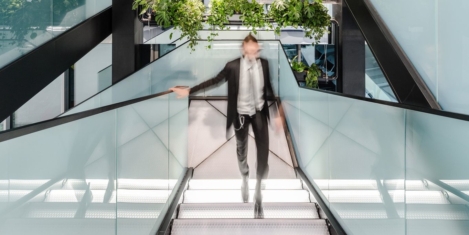


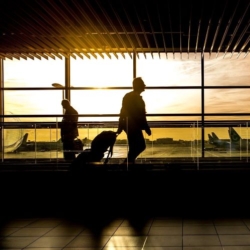 Environmental concerns and the changing work landscape could lead to a noticeable drop in both domestic and international business travel, as nearly half of UK workers (48 percent) are concerned about its negative environmental impact, according to new research from
Environmental concerns and the changing work landscape could lead to a noticeable drop in both domestic and international business travel, as nearly half of UK workers (48 percent) are concerned about its negative environmental impact, according to new research from 

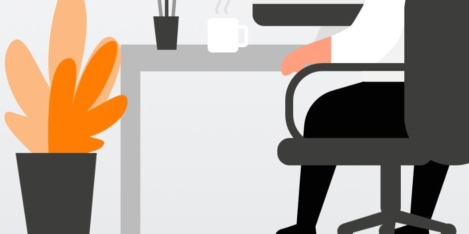

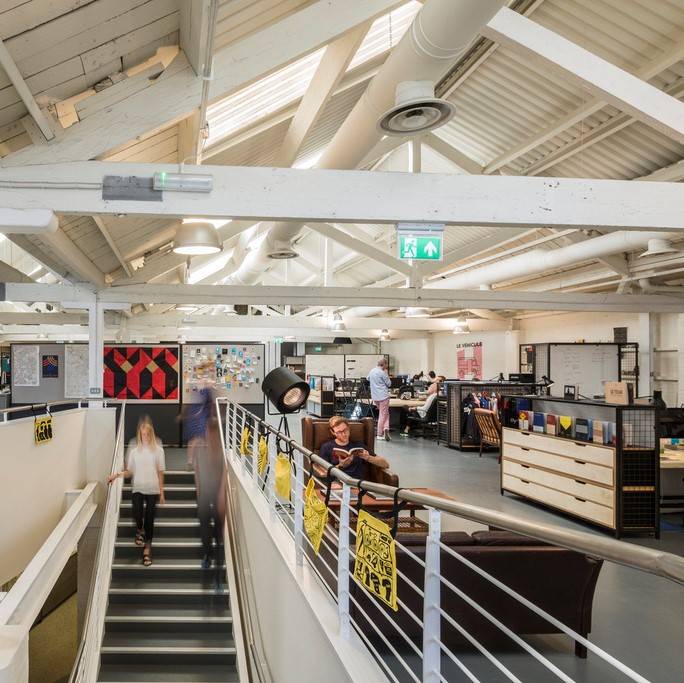
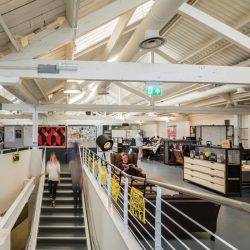




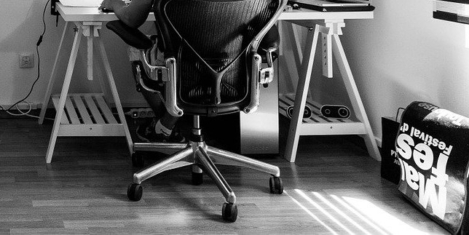
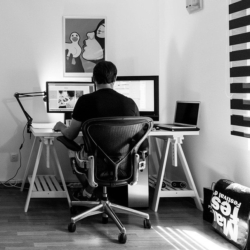






















June 15, 2020
Wellbeing for remote workers should not be lost in translation
by Brendan Street • Comment, Flexible working, Wellbeing